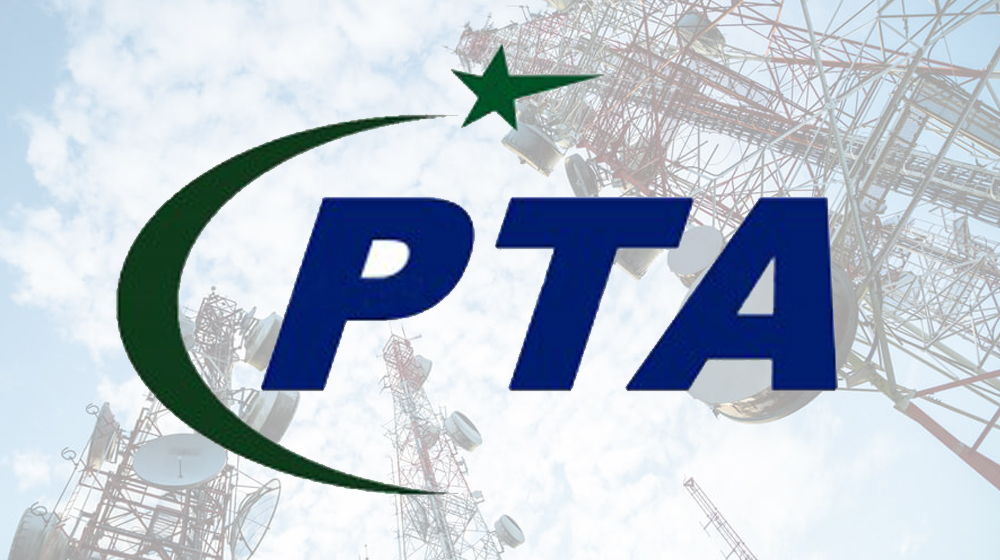The Competition Commission of Pakistan (CCP) and Pakistan Telecommunication Authority (PTA) should ink a MoU to avoid contradicting decisions on competition related issues in telecom sector and establish mechanisms for practical cooperation to carry out competition law investigations and enforcement in Pakistan.
This has been stated in the ‘market and regulatory assessment of mobile telecommunications in Pakistan’ report jointly prepared by World Bank (WB) experts and Research Team of the CCP.
This report is a deliverable under the project ‘Strengthening Competition Policy Implementation in Pakistan’.
The report said that the government only offered three licenses for 3G spectrum despite there being five operators in the market. The auction generated $1.1 billion but artificially limited the supply of spectrum to the market.
This contributed to eliminating one of the operators from the market and played a key role in the merger of two cellular companies.
In mobile markets spectrum concentration may lead to market share concentration; in effect, data suggests that there could be correlation between Herfidahl-Hirschman Index (HHI) for spectrum allocation and market shares (on subscribers) after the merger approved by CCP July 2016.
The report recommended harmonization of the competition rules established in the Competition Act and in the Draft Competition Rules enacted by the MoIT. Secondly, elimination of the possibility of the PTA giving exemptions to hardcore horizontal agreements in the telecoms sector and development of an MoU between the CCP and the PTA which clarifies the cooperation modalities in enforcing competition rules in the telecoms sector should the Draft Competition Rules be adopted.
It recommended strengthening the institutional guarantees of PTA and FAB in order to strengthen their technical independence and ensure the integrity of their decisions and implementing a transparent and technical selection process to appoint board members.
The government should clarify the circumstances in which the government can directly intervene in telecom markets bypassing PTA and FAB and undertake a functional review of PTA and FAB to identify areas for making its mandate more effective.
The concerned government departments should adopt the bylaws necessary to ensure the effectiveness of the telecommunications Policy 2015 (e.g. development of a general authorization regime and a regime for unlicensed spectrum).
It made recommendations to promote entry, expansion and a level-playing field by facilities-based competitors by developing a general authorization regime separate from the existing licensing regime
The government should clarify the circumstances in which the number of operators can be limited, and an auction procedure followed, under the licensing regime.
As a general rule, the number of operators in the market should only be restricted whenever scarce resources (e.g. specific radio frequencies), and the authorization regime should be adopted for the remaining situations.
The PTA and CCP should implement a revised framework for the sharing of passive and active infrastructure, which takes into consideration the competition implications of sharing agreements.
The government should adopt binding timetables for the release and assignment of spectrum in order to make the process more expedite and aligned with market changes, as well as to prevent the awarding of undue competitive advantages, it recommended.
The report said that the collaboration between competition authorities and sector regulators is key to enhance the effectiveness and efficiency of their actions to the benefit of consumers. Having a common understanding of the market and competition instruments and recognizing the value that each authority brings to the table, are essential for collaboration.
MoUs delineating respective areas of intervention are critical to ensure effective resource allocation while avoiding contradicting decisions and potential discretional policy application (e.g. merger in a regulated sector).
Such MoUs should govern the effective exercise of their responsibilities and establish mechanisms for practical cooperation in the exercise of those responsibilities, including the exchange of information, mutual support, general cooperation and the use of the sector-specific expertise of the PTA in respect of competition law investigations.
In addition to MoUs, CCP and PTA should consider establishing working groups on competition issues and exchanging staff in order to develop expertise in the application of competition law in telecoms. In this regard, the experience of the UK can be used as best practice in shaping the development of the relationship between CCP and PTA.

























